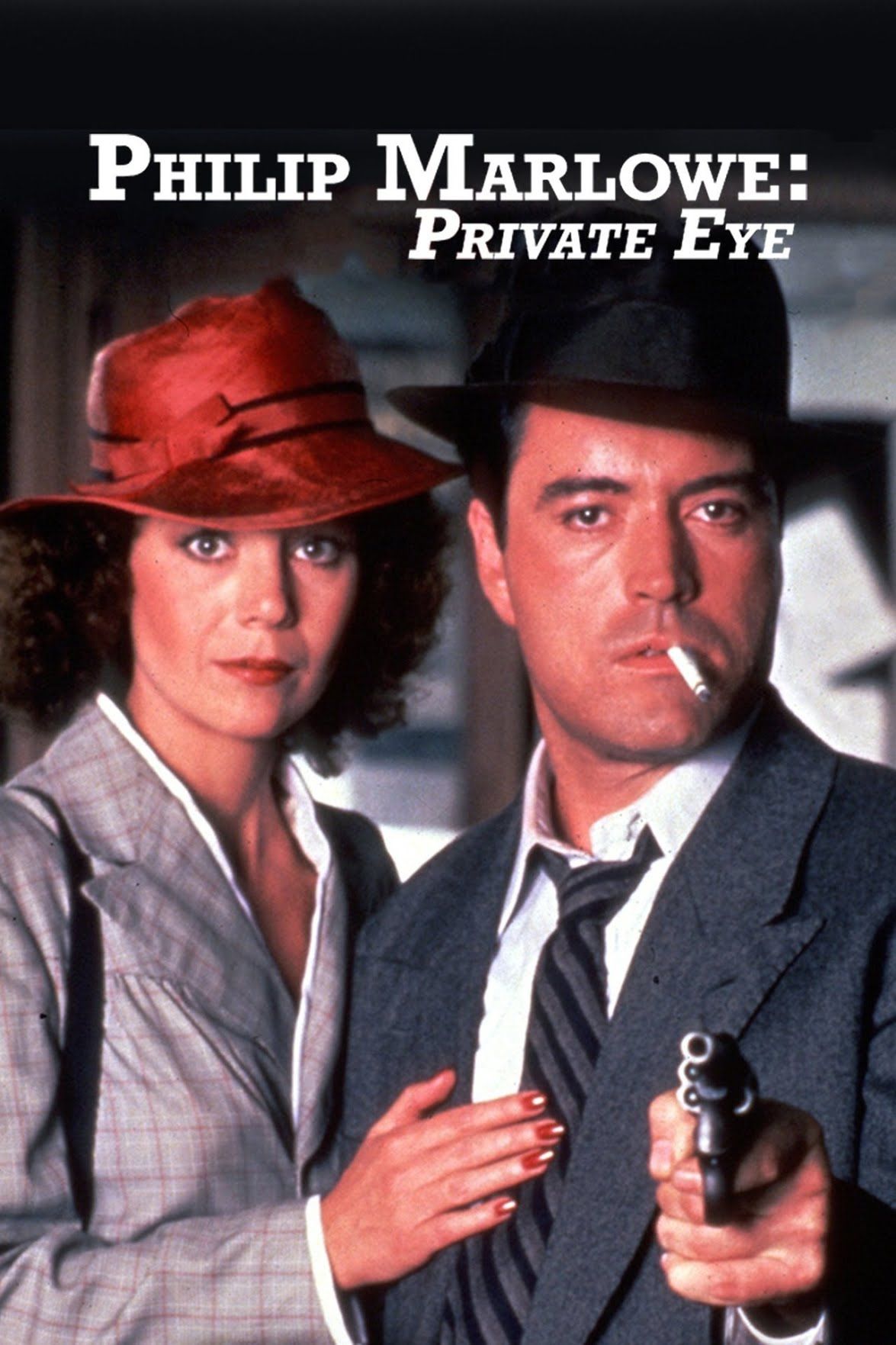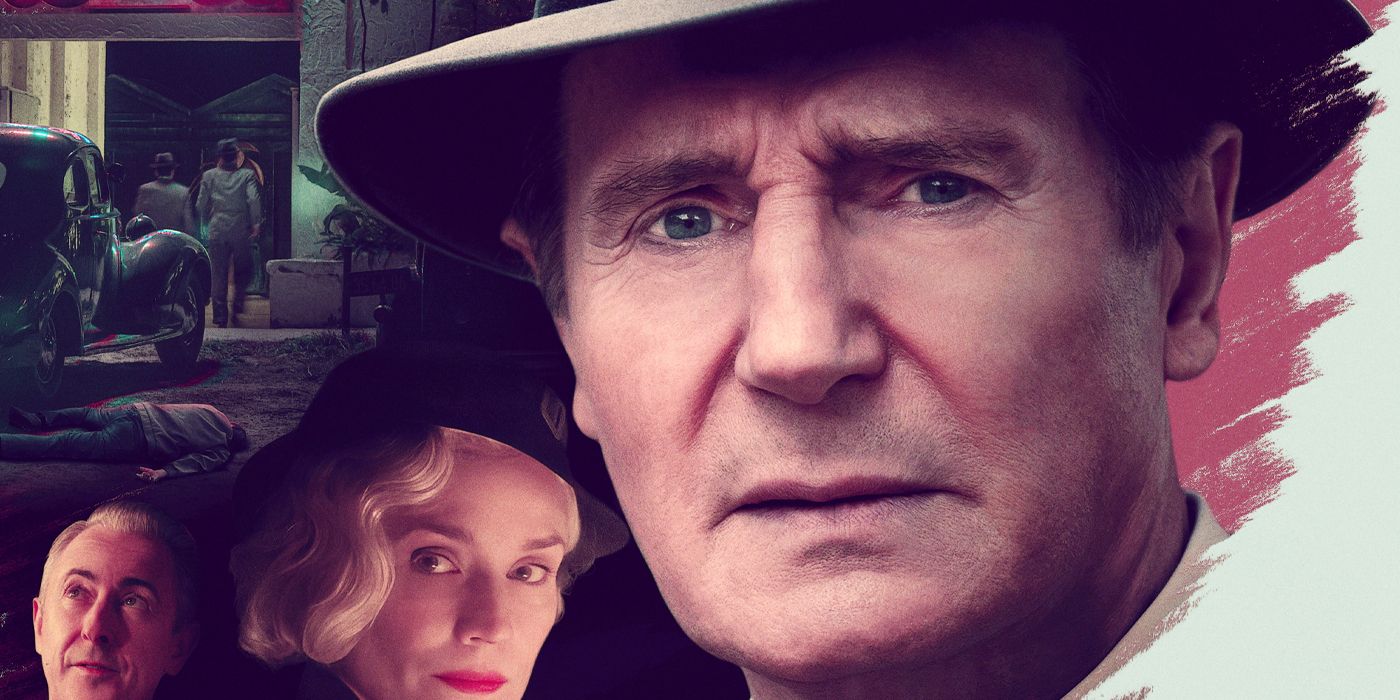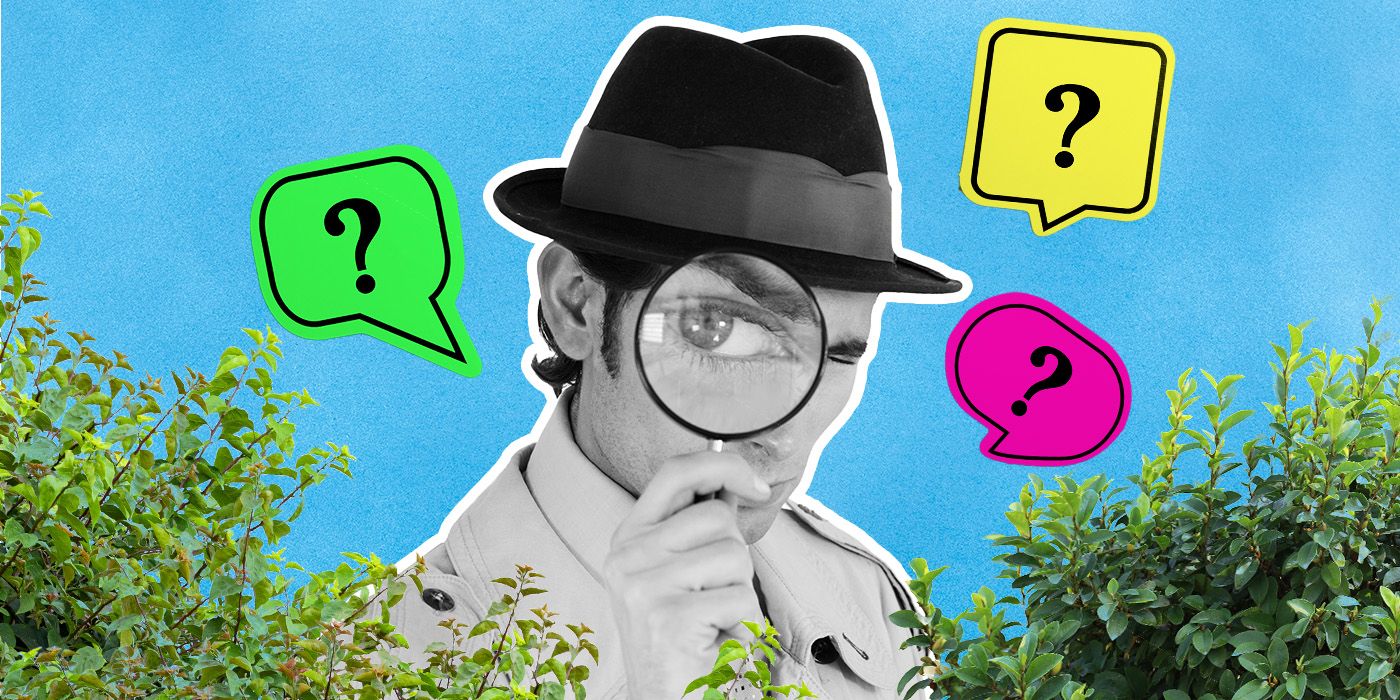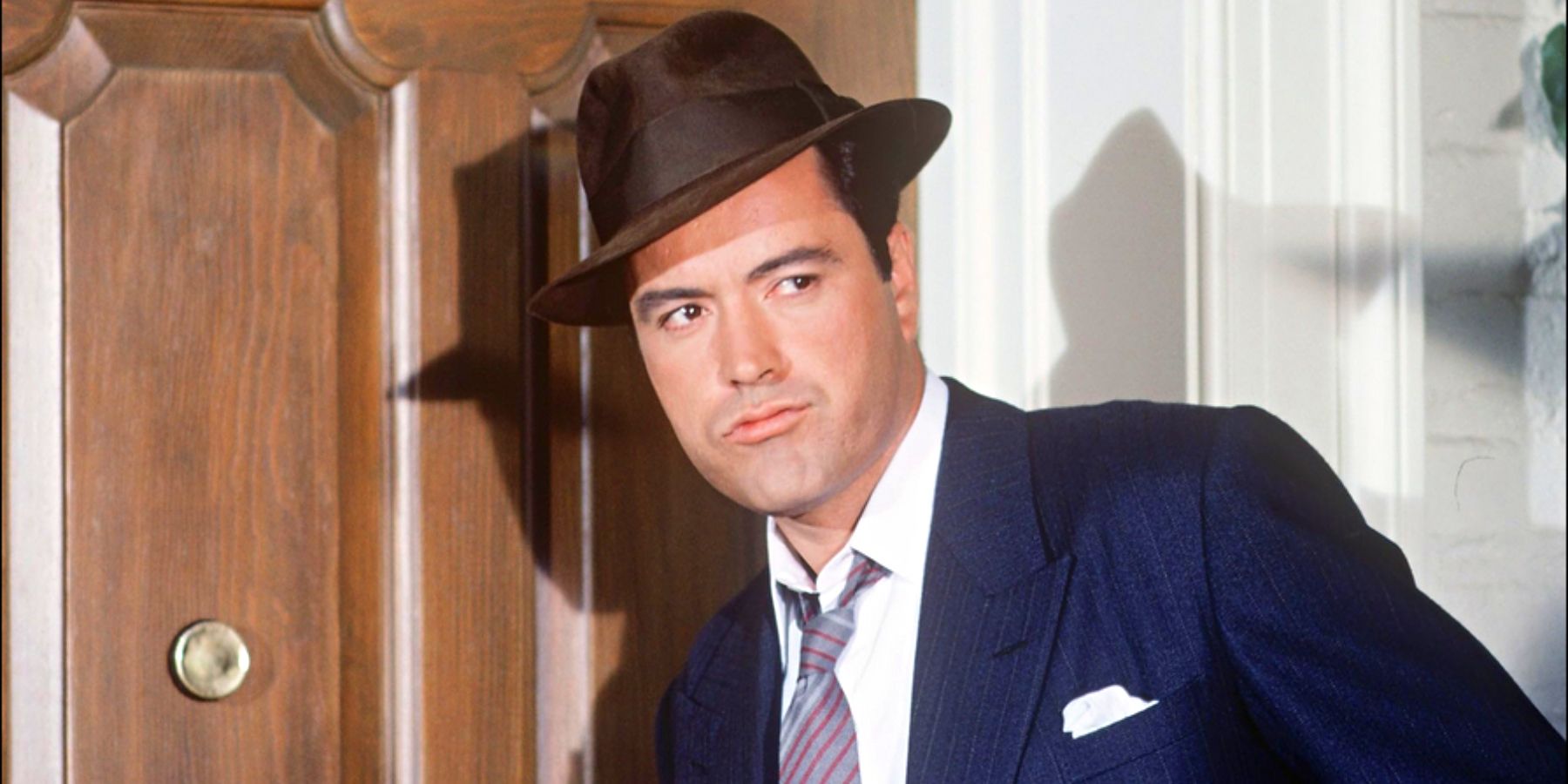The Big Picture
- HBO's legacy began with Philip Marlowe: Private Eye, a unique and era-appropriate series faithful to Raymond Chandler's novels.
- Powers Boothe's portrayal embodied Marlowe's toughness and moral compass, kicking off HBO's groundbreaking drama legacy.
- Marlowe's character as a morally upright tough guy continues to influence HBO storytelling, reflecting true American heroism.
HBO is a remarkable network that has brought audiences some compelling dramas in its long and storied run. HBO productions are known for their authenticity and high attention to detail. Shows like Rome or The Sopranos are both ground-breaking series praised for such a characteristic. This trend had to start somewhere, though, and it began with a series called Philip Marlowe: Private Eye. According to the show's producer, David Wicks, it's the first-ever drama series produced for HBO. Philip Marlowe: Private Eye is an American mystery series starring Powers Boothe as Raymond Chandler's fictional character, Philip Marlowe. The series aired in the US from April 1983 to June 1983, with the second season airing in April 1986 and ending in June 1986.

Philip Marlowe, Private Eye
Private detective Philip Marlowe solves many crimes in Los Angeles during the 1930s.
- Release Date
- April 27, 1986
- Cast
- Powers Boothe , Billy Kearns , Kathryn Leigh Scott , Ken Pogue
- Seasons
- 2
Who Is Detective Philip Marlowe
Philip Marlowe is the brainchild of Raymond Chandler, a hard-boiled detective fiction writer. The character first appeared in the novel The Big Sleep, which was published in 1939. If that title sounds familiar, it's because the novel has been adapted twice into film. The first was in 1947 by the incomparable Humphrey Bogart, and then it was again by Robert Mitchum in 1978. A slew of actors portrayed the character in at least 11 films, from as far back as 1944 to as recently as Liam Niessen's portrayal of the titular character in Marlowe. Understanding the character's soul is essential with so many incredible actors playing Marlowe. Each actor filling those gum-shoes has brought their sense of style and interpretation of who Philip Marlowe is.
Please take a look at Eliot Gould's interpretation of Marlow in The Long Goodbye. He is glib, muttering under his breath as cracking-wise and frustrated cops smash him in the face. All the while keeping that hallmark cigarette crushed between his lips. He is arguably the most rock and roll of all the portrayals, bordering on parody of the hard-boiled detective genre. Contrast this with Bogart or Mitchum's portrayal of a more Stoic, reserved Marlowe. Despite the variances in character, the constant line that cuts through every incarnation of Marlowe is that he is a deeply moral man, independent and a street-wise badass with an unshakable moral compass. Philip Marlowe, in many ways, is the quintessential American hero.
'Philip Marlowe: Private Eye' Was Unique From Other Versions Of The Character
Philip Marlowe: Private Eye, was moody and surreal. It had that relaxed HBO vibe before it was cool and featured a tough on the 'fellahs' but tender with the ladies, Philip Marlowe. This incarnation of the hard-boiled detective was unique because it remained faithful to the Chandler novels. It was era-appropriate and set in the 1930s in Los Angeles, California, that lost and lonely Babylon in the desert he calls home. Scripts were adapted from Chandler's early short stories, and this was also unique because previous storylines were constantly updated to fit the time period that the film was being released. The Long Goodbye was set in the seventies, and so was Robert Mitchum's version of The Big Sleep.

‘Marlowe’ Review: Liam Neeson's 100th Film Makes You Thirsty For More
Neil Jordan's latest has an excellent cast, but the mystery at the center of this Raymond Chandler-based story isn't up to snuff.Powers Boothe was determined to bring the character of 1930s Marlowe to life. He told The Orlando Sentinel that he read every Marlowe story he could get his hands on to prepare for the role. He understood he was stepping into some very big shoes when playing the legendary character. His name would be up there in lights (so to speak) next to names you can see on a Hollywood sidewalk. Boothe himself saw the character as "the quintessential American Hero," a total badass on the outside but a poetry-loving chess-playing intellectual on the inside. His version would embody this. In the episode "Trouble is My Business," Marlowe meets a wealthy couple in their mansion. He sardonically narrates his arrival, unsure of why such well-to-dos would be slumming it with the likes of him. He pulled at his coat, adjusted himself, and coolly bound his way through the front door. He almost seems unimpressed at their wealth, his gravel-pit voice half mocking the wealthy couples' problems with some unsavoury gangster-type characters. He has a way of talking to everyone as if they're dirty and mired in the sin of the City of Angels. All of them are guilty. A paycheck is a paycheck, though. "Fifty a day, plus expenses," he tells them, the sick old man in bed, demanding his price.
'Philip Marlowe: Private Eye' Kicked Off A Legacy For HBO
Boothe's portrayal of Marlowe is tough as nails. He hits all the quintessential Marlowe character traits. He is wise-cracking and unflappable as he tells the old man that trouble is his business. It's almost comical when he utters the line with complete deadpan. That's Marlowe, though. He's not scared of anything. The laconic, seen-it-all coolness with which he approaches every encounter is displayed beautifully. Every Marlow case starts with a visit from, or to, a standout character. In this case, it's an old man croaking out orders from his deathbed. Here, though, is Marlowe's sense of morality. He could easily take advantage of this man's desperation and ask for some outrageous sum of money. After all, he is dealing with a rough-and-tumble gangster, but he doesn't. The pay he asks for is fair, even if it's maybe a little extra: $300 on top of danger pay. For Boothe, Marlowe is motivated by the truth and, of course, financial gain.
Although the series was canceled after two seasons, it would be a significant feather in the Home Box Office Network cap. HBO probably didn't know it then, but this show would start a wonderfully original and ground-breaking drama legacy. What defines an HBO production? The answer is the story. The network produces shows that put the writer/director in the driver's seat. It puts the story first before anything because, without a good story, you have nothing; it doesn't matter how big the budget is. Philip Marlow: Private Eye was a hit with fans because it reflected the true nature of the Chandler novels. They were fantastic stories where good guys willing to roll their sleeves up and work saved the day and got the girl. Marlowe is the character most men wish they could be: a morally upright tough guy, more intelligent than just about everyone around them.
What started with Philip Marlowe: Private Eye would continue through nearly every HBO series since then, making the brand synonymous with quality storytelling. Philip Marlowe: Private Eye is a smoke-filled treasure trove of early HBO glory when the fledgling network sought to air original content and make a name for itself. This show was undoubtedly a great start, and fans of Philip Marlowe would do well to check out an episode.
Philip Marlowe: Private Eye is available to stream on Prime Video in the U.S.


